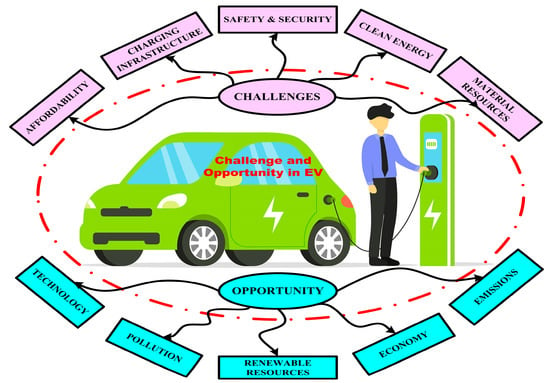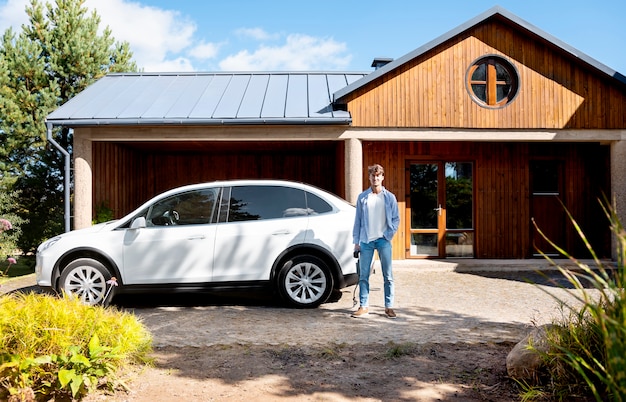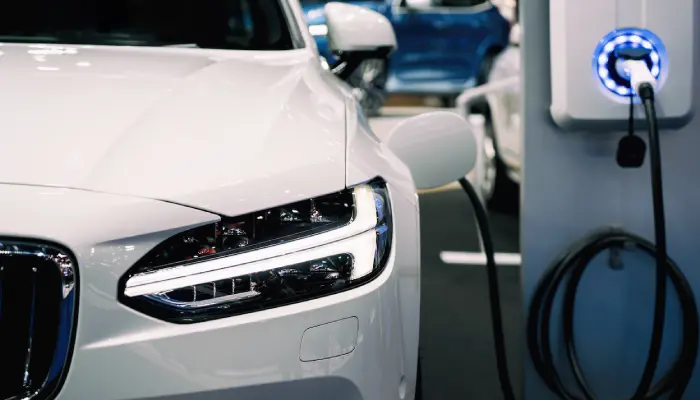Government Policies Shaping EV Adoption in 2024
Mia Anderson
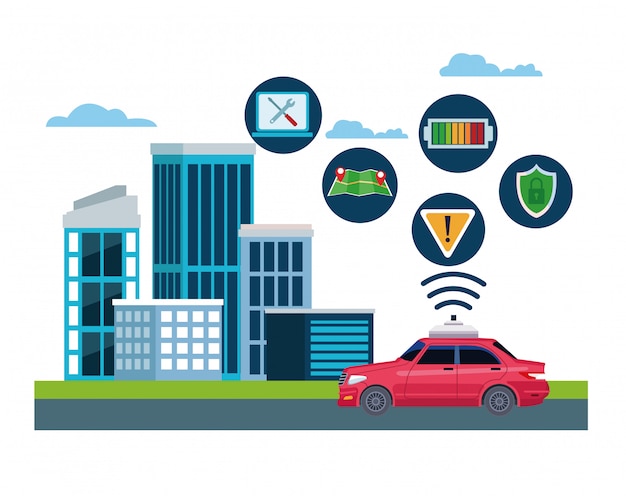
Photo: Government Policies Shaping EV Adoption in 2024
Electric vehicles (EVs) are no longer a futuristic concept but a growing reality in the global transportation landscape. As climate change concerns intensify and nations strive to reduce greenhouse gas emissions, governments worldwide are implementing policies to accelerate EV adoption. In 2024, these policies continue to play a pivotal role in shaping the future of sustainable transportation. This article delves into the critical government initiatives driving EV adoption, their impact, and the challenges ahead.
The Push for Electric Vehicles: Why It Matters
The transportation sector is a significant contributor to global carbon emissions, accounting for nearly 24% of direct CO2 emissions from fuel combustion, according to the International Energy Agency (IEA). Transitioning to EVs offers a tangible solution to mitigate these emissions, reduce dependence on fossil fuels, and improve air quality in urban areas. Recognizing these benefits, governments have intensified their efforts to promote EV adoption through financial incentives, regulatory frameworks, and infrastructure development.
Financial Incentives for EV Buyers
Subsidies and Tax Benefits
One of the most effective ways governments are driving EV adoption is by offering financial incentives to consumers. In 2024, countries like the United States, Germany, and China continue to provide subsidies, tax credits, and rebates to reduce the upfront cost of EVs. For instance, the U.S. federal government’s Clean Vehicle Credit offers up to $7,500 for qualifying electric cars. Similarly, Germany’s Environmental Bonus provides up to €9,000 for EV purchases, significantly lowering the financial barrier for consumers.
Reduced Registration and Road Taxes
Beyond purchase incentives, many governments are introducing reduced registration fees and exemptions from road taxes for EV owners. These measures not only make EV ownership more affordable but also encourage a shift away from traditional internal combustion engine (ICE) vehicles.
Strengthening EV Infrastructure
Expansion of Charging Networks
The availability of charging infrastructure is a critical factor influencing EV adoption. Governments worldwide are investing heavily in expanding public and private charging networks. For example, the European Union’s Alternative Fuels Infrastructure Regulation (AFIR) mandates the installation of charging stations at regular intervals along major highways. Similarly, the U.S. government’s National Electric Vehicle Infrastructure (NEVI) program aims to establish a nationwide network of 500,000 chargers by 2030.
Support for Renewable Energy Integration
To ensure that EVs contribute to a sustainable energy ecosystem, governments are promoting the integration of renewable energy into charging infrastructure. Solar-powered charging stations and grid-tied systems with renewable energy sources are becoming increasingly common, reducing the carbon footprint associated with EV charging.
Regulatory Frameworks and Mandates
Zero-Emission Vehicle (ZEV) Mandates
Several governments are implementing ZEV mandates to accelerate the transition to electric mobility. California’s Advanced Clean Cars II regulation, for instance, requires that all new passenger vehicles sold in the state be zero-emission by 2035. Other regions, including the European Union, have announced similar goals, aiming to phase out the sale of ICE vehicles over the next decade.
Corporate Average Fuel Economy (CAFE) Standards
Stricter fuel economy standards are compelling automakers to invest in EV production. In 2024, many countries are revising their CAFE standards to include tougher emissions targets, effectively pushing manufacturers to expand their EV portfolios.
Challenges in Scaling EV Adoption
Supply Chain Constraints
While government policies are spurring demand for EVs, supply chain issues pose significant challenges. The production of EV batteries relies on critical minerals like lithium, cobalt, and nickel, which face supply shortages and geopolitical tensions. Governments are responding by investing in domestic mining and recycling initiatives to secure a stable supply of these materials.
Affordability and Market Equity
Despite financial incentives, the high upfront cost of EVs remains a barrier for many consumers. Policymakers are exploring ways to address affordability, such as promoting the development of low-cost EV models and expanding access to financing options. Additionally, ensuring equitable access to EVs for underserved communities is a growing priority.
Infrastructure Gaps in Rural Areas
While urban centers often benefit from dense charging networks, rural areas lag behind. Governments are recognizing this disparity and allocating funds to expand charging infrastructure in less densely populated regions, ensuring that the EV transition is inclusive.
The Role of Public-Private Partnerships
Collaboration between governments and private enterprises is crucial for scaling EV adoption. Automakers, energy companies, and technology providers are working alongside governments to develop innovative solutions. For example, partnerships to establish ultra-fast charging networks and battery recycling facilities are becoming more prevalent, demonstrating the potential of collective action.
A Global Perspective on EV Policies
Leading Nations
Countries like Norway and China continue to set benchmarks for EV adoption. Norway, where over 80% of new car sales are electric, has achieved this milestone through aggressive incentives, tax exemptions, and extensive charging infrastructure. China, the world’s largest EV market, leverages subsidies, manufacturing incentives, and stringent emissions regulations to maintain its leadership.
Emerging Markets
In emerging markets, governments are introducing tailored policies to stimulate EV growth. India, for instance, is focusing on two- and three-wheelers, which dominate its transportation landscape, while also offering incentives for passenger EVs and commercial fleets. Similar strategies are being adopted in Southeast Asia and Africa to align with local mobility needs.
Looking Ahead: The Future of EV Adoption
Government policies in 2024 reflect a growing commitment to accelerating the transition to electric mobility. However, the road ahead is not without challenges. Policymakers must address supply chain constraints, affordability issues, and infrastructure gaps while fostering innovation through public-private partnerships.
As nations continue to refine their strategies, the synergy between regulatory measures, financial incentives, and technological advancements will determine the pace of EV adoption. The transition to electric vehicles is not just a technological shift but a critical step toward achieving global sustainability goals.
Conclusion
The adoption of electric vehicles is gaining momentum, driven by robust government policies and a shared commitment to combating climate change. In 2024, financial incentives, infrastructure investments, and regulatory mandates are shaping a new era of transportation. While challenges remain, the collective efforts of governments, industries, and consumers are paving the way for a cleaner, greener future. By addressing these challenges head-on, policymakers can ensure that EV adoption becomes a cornerstone of sustainable development, benefiting both current and future generations.
Marketing
View All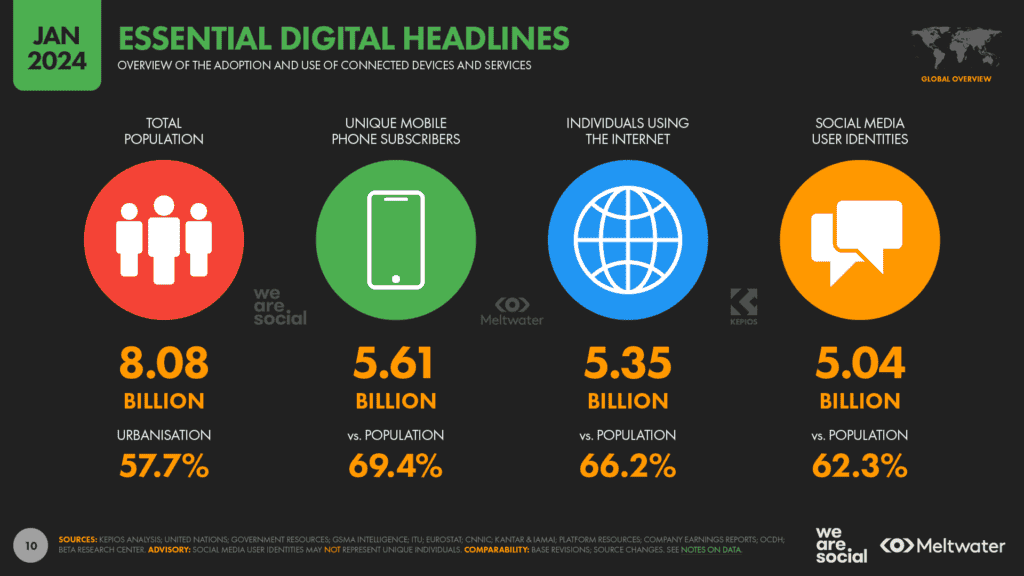
January 23, 2025
Social Media in Digital Marketing 2024Learn how social media is revolutionizing digital marketing in 2024. Boost your brand with actionable tips for viral campaigns!
Mia Anderson

January 23, 2025
10 Content Strategies for Digital SuccessCreate winning content with these 10 proven digital marketing strategies. Enhance engagement and conversions starting today!
Mia Anderson
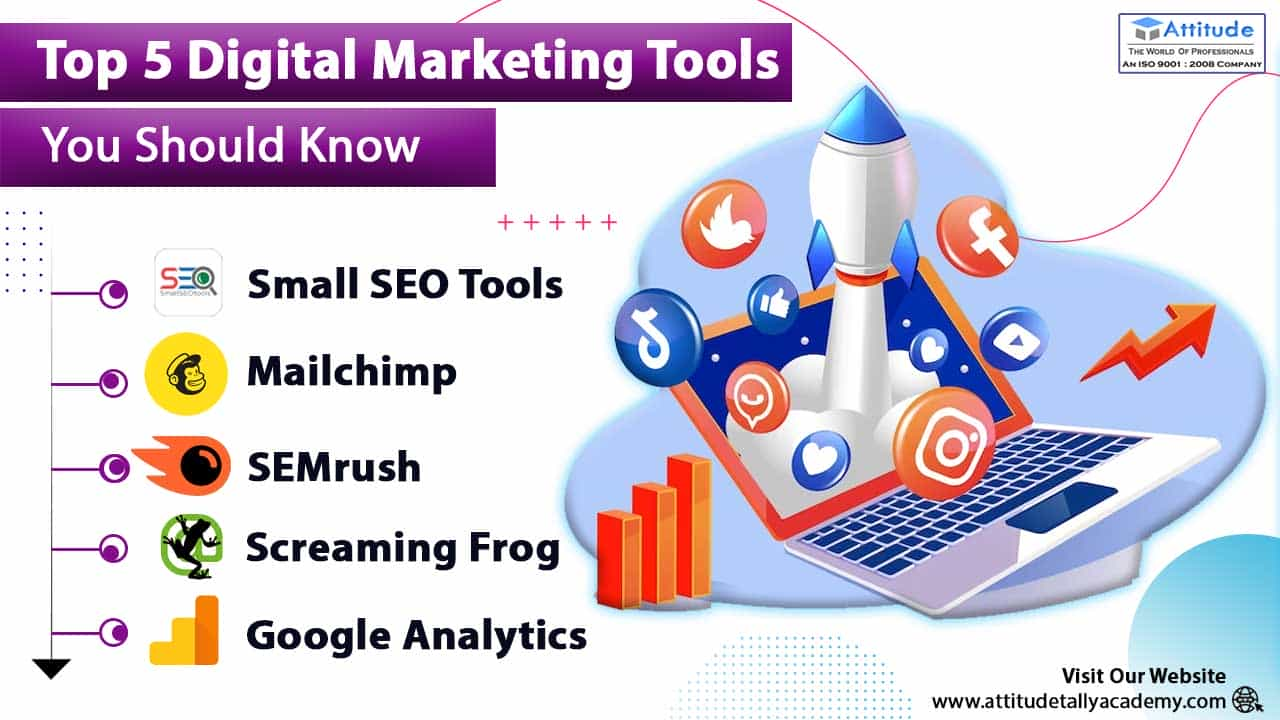
January 20, 2025
5 Best Digital Marketing Tools for GrowthUncover the top 5 digital marketing tools every marketer needs. Boost efficiency, drive results, and streamline your campaigns now!
Mia Anderson
Entertainment
View AllDiscover the fascinating history of superhero movies, from early adaptations to modern blockbusters. Uncover surprising facts and insights click to explore!
Mia Anderson
Unlock the secrets to going viral on TikTok with these 2024 strategies. From trend-spotting to unique twists, learn how to boost your visibility and engagement. Start creating viral content today!
Mia Anderson
Learn the key steps to start a YouTube channel in 2024, from content strategy to monetization. Click here for expert advice and actionable tips!
Mia Anderson
Discover the latest tips and trends for making a short film in 2024. Learn from experts and get started on your cinematic journey today!
Mia Anderson
Automotive
View AllExplore the growth of residential EV charging solutions, from home setups to energy-efficient charging options.
Read MoreDiscover the latest innovations in lightweight materials for EVs. How do these advancements improve performance and efficiency?
Read MoreDiscover real-world experiences of long-distance EV travel. Learn how EV owners tackle range anxiety and plan road trips.
Read MorePolular🔥
View All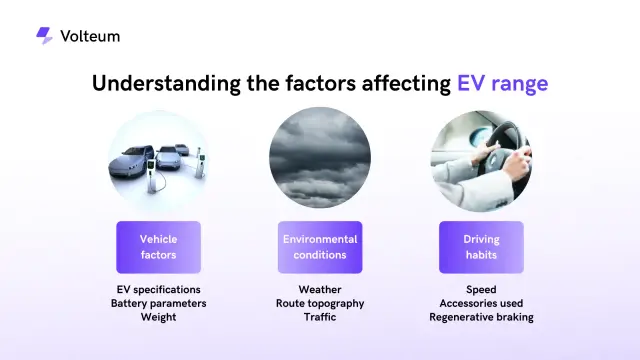
1
2
3
4
5
6
7
8
9
10
Technology
View All
September 12, 2024
Comprehensive Machine Learning Tutorial for Beginners
Master machine learning with our detailed tutorial. Learn the fundamentals and advance your skills today. Start your journey into AI now!

August 13, 2024
The Top SOC 2 Compliance Companies: Securing Your Data
Discover the leading SOC 2 Compliance companies and learn how they can help protect your organization's sensitive data. Click to explore the best options for safeguarding your business.

December 17, 2024
The Best Tech Gifts for 2024 – Shop Before They Sell Out!
Find the perfect tech gifts for everyone on your list! Click to explore the hottest gadgets and shop before they're gone.
Tips & Trick






